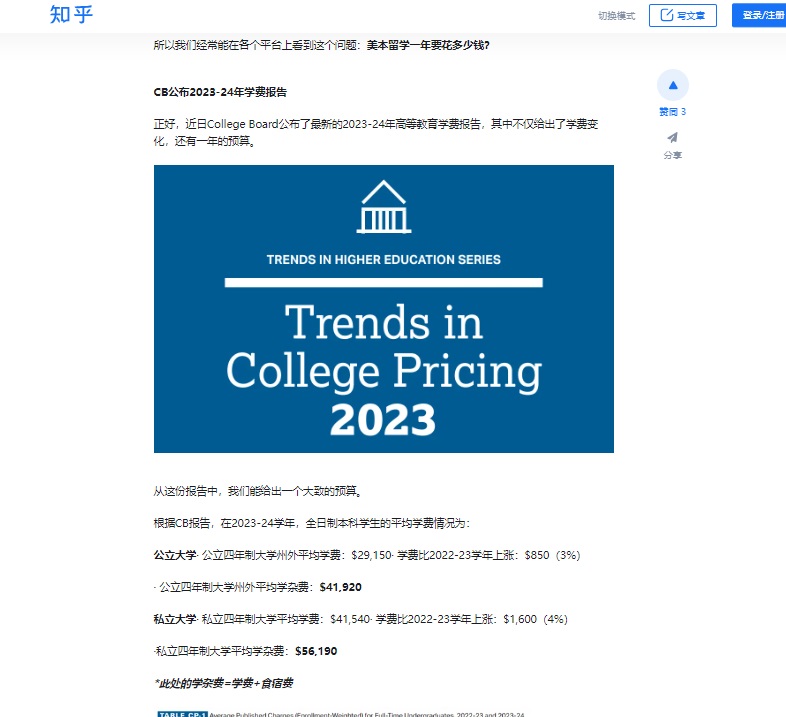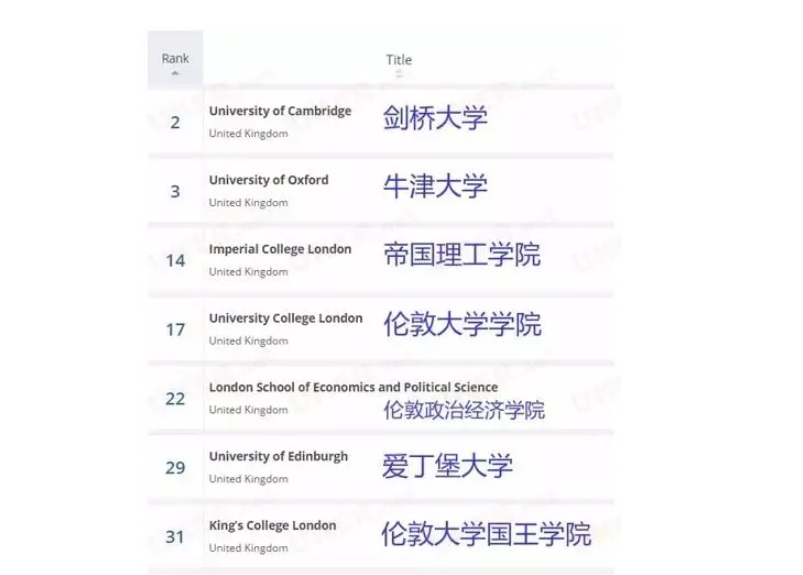The Chinese Outbound Education Market is a Big Industry
The Chinese overseas education market is a complex and dynamic market in 2024, shaped by various factors, including economic complicated situation in China, with Beijing policies, cultural values, study english, openminded development and educational diploma from oversea of course
10 points to understand the outbound Education Market in China
- 2024 Growth: China’s overseas education market has experienced significant growth over the past few decades, driven by the country’s economic rise and increasing middle class. More Chinese students are seeking international education opportunities than ever before.
- Government Influence: The Chinese government plays a significant role in the overseas education market. Policies regarding foreign education, scholarship opportunities, and the recognition of foreign degrees can greatly impact student choices.
- Preference for Prestigious Institutions: There is a strong preference among Chinese students and their families for prestigious universities, particularly in the United States, United Kingdom, Australia, and Canada. This is often linked to the perceived quality of education and future career prospects.
- Impact of Geopolitical Tensions: Geopolitical issues, such as trade tensions and visa policies, can influence the choices of Chinese students. For instance, political tensions between China and another country can lead to a decline in the number of students choosing to study in that country.
- Online Learning and Edtech: The rise of online learning platforms and educational technology (Edtech) has started to reshape the overseas education market. Chinese students are increasingly accessing foreign education through online courses and degrees.
- Cultural and Language Barriers: Cultural adaptation and language proficiency remain significant challenges for Chinese students studying abroad. Universities and educational institutions often provide support services to help students overcome these barriers.
- Focus on STEM and Business Education: There is a high demand for STEM (Science, Technology, Engineering, and Mathematics) and business-related programs among Chinese students studying abroad, reflecting broader economic and job market trends in China.
- Returnee Employment Market: The job market in China for returning students (commonly referred to as “sea turtles”) is competitive. Having a foreign degree can be advantageous, but it’s not a guaranteed path to a high-paying job in China.
- Increasing Diversity of Destinations: While traditional destinations remain popular, Chinese students are increasingly exploring educational opportunities in non-traditional destinations like Japan, South Korea, Singapore, and European countries outside of the UK.
- Impact of COVID-19: The COVID-19 pandemic has significantly impacted the overseas education market. Travel restrictions and health concerns have led to a temporary decline in students going abroad and an increase in those considering options closer to home or online.
Understanding these points offers insight into the motivations, challenges, and trends shaping the behavior of Chinese students seeking education abroad and the institutions that serve them
Investing in their Kid’s future
China, even though they refer themselves has a developing country. They have become the second biggest economy in the world. Chinese families are accumulating wealth and they are investing it in the future generations through EDUCATION.
Opportunities for international university, management schools etc
The education market in China has many opportunities for your business but you must understand Chinese needs and desires. The Chinese education system is one of the most renowned in the world. Many western countries are inspired by the education system in China. However, it is also a very competitive and challenging system.
Chinese parents send their children to study overseas for a variety of reasons, reflecting both personal aspirations and broader socio-economic trends. Here are five key reasons:
- Quality of Education and Academic Prestige: Many Chinese parents believe that foreign universities, especially those in the U.S., U.K., Canada, and Australia, offer higher quality education than domestic institutions. They often perceive that these institutions provide better resources, research opportunities, and a more holistic educational approach. Additionally, degrees from prestigious foreign universities are highly valued in Chinese society and can be seen as a status symbol.
- Career Opportunities and Global Exposure: Studying abroad is often seen as a pathway to better career opportunities. Exposure to a global environment, international networks, and proficiency in a foreign language, particularly English, are considered advantageous in the increasingly globalized job market. Parents believe that an international education will give their children an edge in the competitive Chinese job market or opportunities to work abroad.
- Cultural Experience and Personal Development: Living and studying in a different country offers students the chance to experience new cultures, develop independence, and gain a broader worldview. Chinese parents often value these experiences for the personal growth and maturity they can foster in their children.
- Escape from High-Pressure Education System: The Chinese education system is known for its high pressure, especially due to the highly competitive Gaokao (college entrance examination). Some parents choose to send their children abroad to escape this pressure and to provide them with a more balanced and less exam-focused education.
- Specialization and Unique Programs: Certain fields of study or specialized programs may be more developed or available in foreign universities. Parents whose children have specific academic interests or talents, such as in arts, sports, or certain cutting-edge scientific fields, might find better opportunities and resources for their children abroad.
These motivations reflect a blend of educational aspirations, career planning, and personal development goals, illustrating the multifaceted reasons behind the decision of Chinese parents to send their children for overseas education.
The education market in China
China’s education market is vast and set for further expansion in upcoming years as Chinese families prepare their children to compete in an economy incredibly different from the one they grew up in. The Chinese education market reach US$572.51 billion in 2023, growing at a CAGR of 11.3%, for the period spanning from 2018-2023. Education is the number one priority for parents desperate to help their Children get ahead in competitive and modern China.
Years of rapid economic expansion were previously based on the masses of low cost workers. Now with a growing middle class, higher disposable incomes and higher standards of living, China is making the transition to a more mature development model.
The Chinese state are focusing more on creative innovation, domestic business, services and skilled labor with wealthier families investing in education to meet this demand and adapt to modern Chinese expectations.
The culture of pooling together family resources for their children’s educational development remains prevalent. According to many researches, Chinese families prioritize spending money on education ahead of any other area, even above real estate and retirement savings.
- Chinese mothers are quite famous for pushing their kids to get the best Diploma and enter to the top universities and Business schools of the world.
In Shanghai, Chinese Wealthy Families start to using private kindergarten to give their kids an advance for English speaking or way to solve math problems.
British Style School are very popular in Shanghai and big cities of China.
How to promote your University-School in China ?
Social media : Target Chinese mother Communities
China is the world largest connected country: more than 90% of Chinese people have an account on at least one Chinese social network.
The use of social media in education in China has grown significantly, with platforms like WeChat, Douyin, Bilibili, and Zhihu playing key roles. Each platform has unique features that cater to various aspects of educational engagement and learning.
Wechat is the social media the most used in China and, regardless of the size of your company, it is an essential media to develop your marketing strategy in the country.
- WeChat (微信):
Functionality: Primarily a messaging app, WeChat also integrates social media features and is widely used in China for various purposes.
Educational Use: It is extensively used in education for communication between teachers and students, sharing educational resources, organizing online study groups, and even conducting classes through the WeChat group feature.
By promoting your school on social media, you can build a community surround the school, reach your target, get feedback and create a friendlier image among families.
- Douyin (抖音):
- Functionality: Known as TikTok outside of China, Douyin is a platform for short-form video content.
- Educational Use: Educators and institutions use Douyin to create engaging educational content. Short video formats are used to explain concepts, conduct demonstrations, and provide bite-sized learning modules.
- Douyin : The new Mini-video trend in China
- Bilibili (哔哩哔哩):
- Functionality: Initially popular for animation, comics, and games (ACG) content, Bilibili has expanded to include a wider range of videos.
- Educational Use: It’s increasingly used for educational purposes, including online lectures, educational vlogs, and interactive learning sessions. Bilibili’s format is particularly appealing to younger audiences and digital natives.
- Zhihu (知乎):
-
- Functionality: Zhihu is a Chinese question-and-answer website, akin to Quora.
- Educational Use: It’s a platform for intellectual exchange where educators, experts, and learners share knowledge and insights. Zhihu is used for academic discussions, sharing expertise, and as a resource for students seeking answers to complex questions.
E-reputation and public relations : Because Reputation of School is everything
Public Relations is one of the key points on which any digital marketing strategy should be based. More than attract Chinese visitors to your website, it is important to raise your brand awareness and to make your school more visible for Chinese families by using online Public Relations.
You have to keep in mind that your message needs to be carefully tailored for your target. Indeed, all the content that is released must be in line with the school’s positioning as well as with its intended families. Moreover, it is important to choose the right media for your Public Relations. You should avoid offline media because the most par of PR activities are now taking place online.
SEO on Baidu : Because Chinese Mothers Search
SEO on Baidu is the key for the visibility of your school in China. Baidu is the 5th most visited website in the world after Google, YouTube, Tmall, and Facebook according to Alexa traffic rankings. in 2020. currently has more than 800 million web pages. Baidu now offers a wide range of services, such as web searches, image search, music, forums or a Q&A service.
SEO on Baidu requires several steps, which may be different from what needs to be done on Google. The notions of trust and notoriety remain essential for schools wishing to enter the Chinese market and be visible on Baidu. Key SEO strategies include keyword optimization, backlinks, and content sharing, this is the way to generate quality traffic.
Compared with SEA, SEO takes more time, but it is long term solution in terms of developing a better e-reputation and is ultimately more stable. The quality search result won’t disappear after you stop the campaign, on the contrary, you will remain higher in the rankings and continue to drive traffic.
A Chinese website, necessary to inform
A website in Chinese is necessary to enter a market and realize branding. This is an efficient solution to increase the popularity of your school, influence families with content and design, and develop the image of the school in the country.
Moreover, having a website written in mandarin is essential. Chinese consumers spend more than 40% of their daily life on Internet and these internet users trust more Chinese websites than English websites.
We are a digital marketing agency based in Shanghai and we can help you to promote your school in China.
- Do not hesitate to contact us !
- We have special Education Expert that can guide you to reach the Right audience at the best cost.













